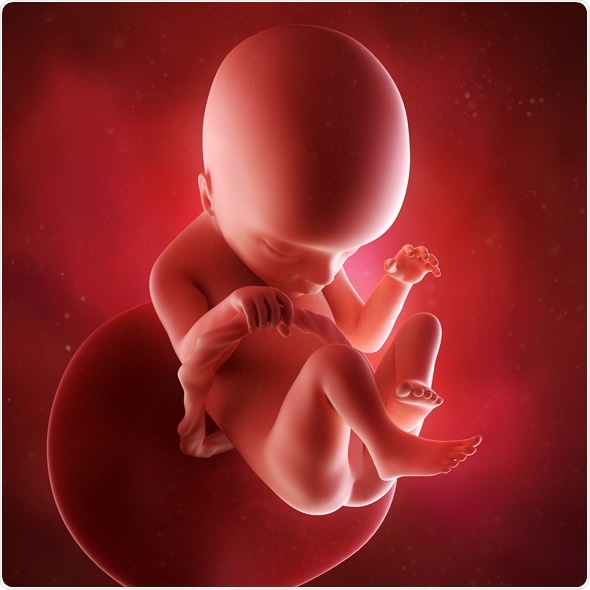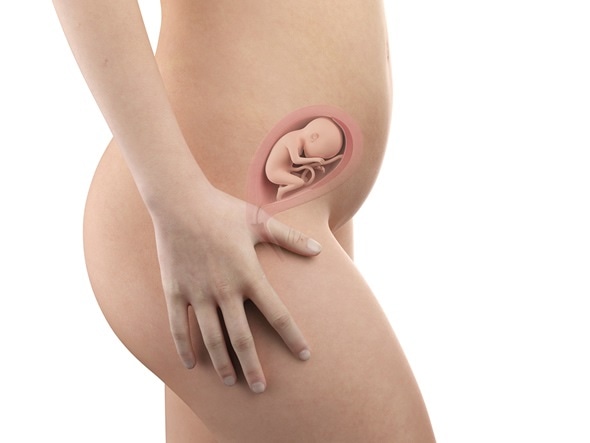Week 17
By the 17th week of pregnancy, the baby is becoming more active in the womb and may have become large enough for the mother to start feeling the first flutters of movement in her tummy.
The baby now weighs about 150 grams and is still growing quickly. Fat stores will soon begin to develop underneath the baby’s skin that will provide it with energy, as well as keeping it warm after birth.
The body will now increase in size and become more in proportion with the size of the head. The face starts to look more human, the eyes can now move and the mouth can open and close.
The baby’s fingerprints are now formed, the fingernails and toenails are growing and the baby can grip firmly.
It is normal for the mother to feel they need to urinate more often around this time, but she should consult her doctor if she also starts to experience a burning sensation.
This may be cystitis, which is a urine infection that commonly develops during pregnancy.
If a woman is exercising, she should be aware that her ligaments are now more stretchy and that sudden movements or strenuous exercise should be avoided because she is more prone to strains and sprains.
The mother may also start to experience hot flushes, probably as a result of an increase in the progesterone level, which causes the blood vessels to dilate.
It may be advisable to avoid eating spicy foods and drinking alcohol and caffeine, as these all may increase the likelihood of experiencing hot flushes.
Week 18
By the 18th week, the baby’s ears have started to protrude from the sides of the head. Parents may want to try talking to their baby now, since it may be able to hear sound from outside of the tummy at this stage.
The baby is now approximately 140mm in length and weighs about 200 grams.

Medical accurate 3d illustration of a fetus week 18. Image Copyright: Sebastian Kaulitzki / Shutterstock
Week 19
By the 19th week, a greasy film, referred to as the vernix caseosa starts to coat the baby’s body, which protects the skin from the chapping and abrasions that can occur during the many weeks of exposure to amniotic fluid. In female babies, the vagina and uterus may start to form.
Week 20
Twenty weeks is the halfway point during pregnancy. The baby now weighs around 400 grams and measures about 25cm in length.
The muscles now develop rapidly and there is plenty of space and fluid in the amniotic cavity for the baby to move around.
Although women may first feel their baby move at around 17 or 18 weeks, most first notice movements around the 19th or 20th week.
At first the movements may feel like a fluttering, shifting or bubbling movement that may be mistaken for indigestion.
However, the movements become more obvious later and it may even be possible to see bumps as the baby kicks about in the tummy.

Pregnant woman with visible uterus and fetus week 20. Image Copyright: Sebastian Kaulitzki / Shutterstock
A dark line may start to appear along the middle of the mother’s tummy and chest, which is due to the tummy expanding to make room for further growth.
As the uterus grows, the belly button may flatten or even pop out and the mother may become breathless as a result of the uterus pushing up against the diaphragm and restricting space for the lungs.
The baby can now taste the flavors of the foods the mother eats when it swallows bits of amniotic fluid.
Women are advised to try a variety of foods to help the baby’s taste buds become more receptive to a greater range of foods.
Further Reading
Last Updated: Feb 27, 2019